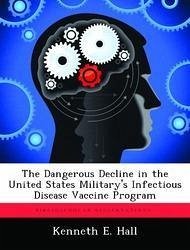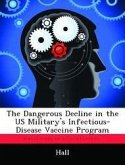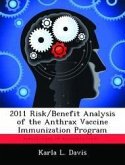With the burgeoning concern for weaponized bio-agents, the Department of Defense (DOD) has partitioned its biodefense and infectious disease vaccine acquisition programs, with biodefense vaccines holding a higher acquisition priority and receiving more robust funding than infectious disease vaccines. As a result, the military's infectious disease vaccine program has lost considerable emphasis, funding and mission capability, with a significant erosion of the DOD's ability to ensure the acquisition and availability of the right vaccines at the right time to optimally protect US forces from established and emerging natural infections now and in the future. To mitigate these risks, this paper argues that the DOD must: collectively assess and prioritize all biological threats, whether natural, accidental or deliberate in nature; consolidate redundant vaccine acquisition activities; elevate the priority of infectious disease vaccines; and provide ample resources to sustain a robust vaccine acquisition capability to protect US military forces against validated and prioritized biological threats.
Hinweis: Dieser Artikel kann nur an eine deutsche Lieferadresse ausgeliefert werden.
Hinweis: Dieser Artikel kann nur an eine deutsche Lieferadresse ausgeliefert werden.








